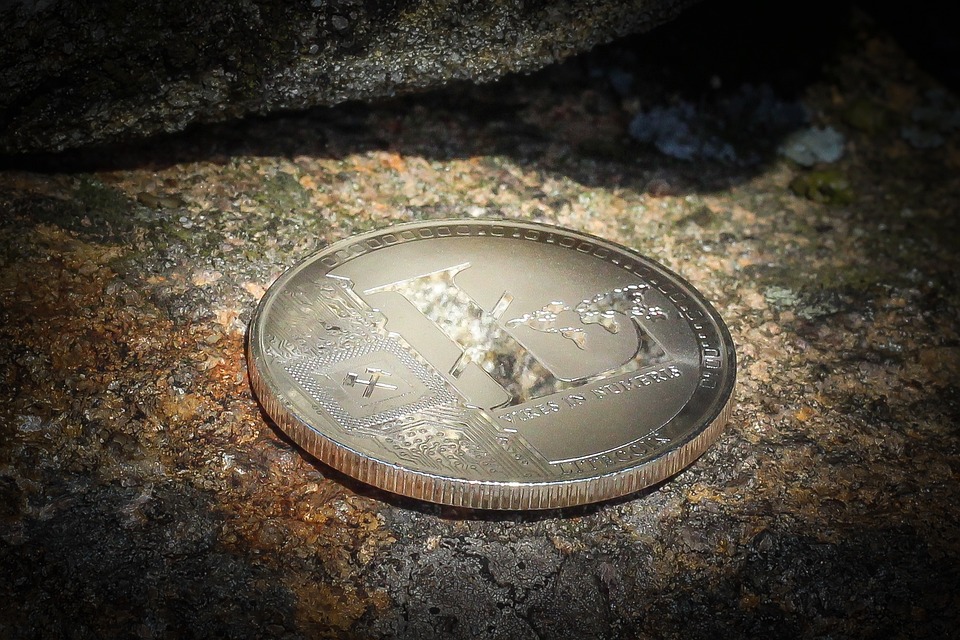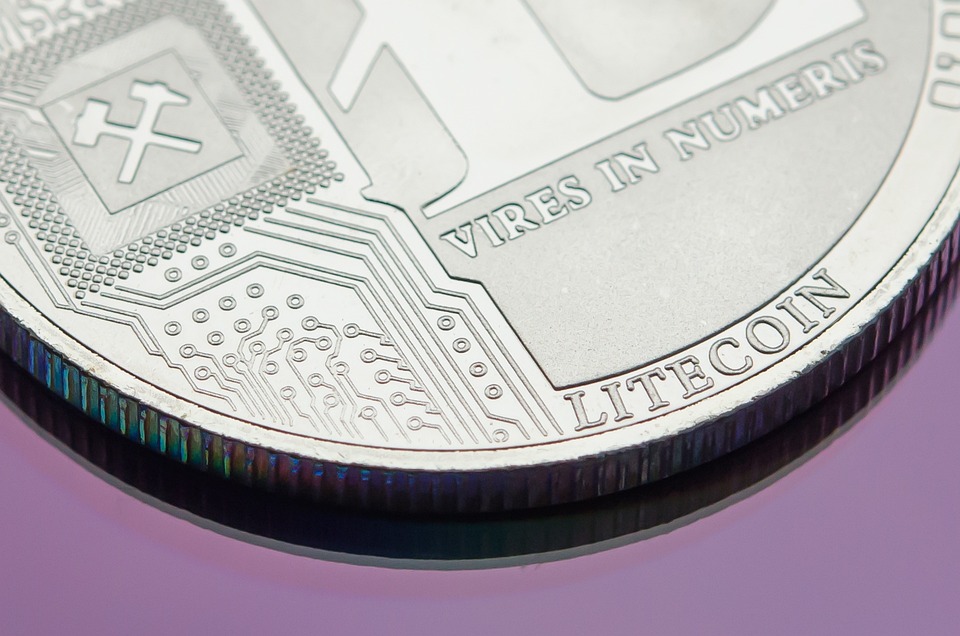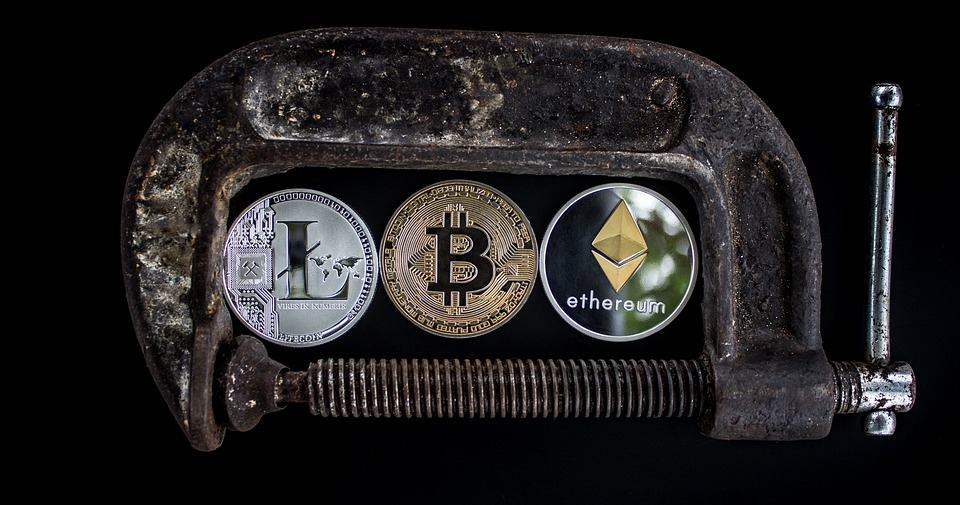Tokenization has emerged as a game-changing innovation in the field of asset management and investment strategies, offering a range of benefits to investors, asset managers, and issuers. In essence, tokenization involves the digitization of assets and the creation of tradable digital tokens representing ownership rights in those assets on a blockchain platform. This technology has the potential to revolutionize the way traditional assets are managed, traded, and accessed, offering a host of advantages that are reshaping the investment landscape.
One of the key benefits of tokenization is increased liquidity and accessibility. By converting illiquid assets such as real estate, private equity, and art into digital tokens, issuers can tap into a wider pool of potential investors and provide them with easier access to previously inaccessible asset classes. This increased liquidity can lead to better price discovery and more efficient markets, benefiting both issuers and investors.
Tokenization also offers enhanced transparency and security. Blockchain technology ensures that all transactions are recorded and verified on a decentralized ledger, providing investors with real-time access to information on asset performance, ownership rights, and transaction history. This transparency reduces the risk of fraud and manipulation, enhancing trust and confidence in the investment process.
Moreover, tokenization enables fractional ownership, allowing investors to purchase and trade smaller portions of assets that were previously only available to large institutional investors. This democratization of asset ownership opens up new opportunities for retail investors to diversify their portfolios and gain exposure to a wider range of assets, leading to more inclusive and equitable investment opportunities.
Additionally, tokenization can streamline the asset management process, reducing administrative costs and operational inefficiencies. Smart contracts embedded in tokenized assets can automate compliance, governance, and reporting requirements, improving the efficiency of asset management processes and reducing the risk of errors and delays.
Furthermore, tokenization can facilitate cross-border transactions, enabling investors to access global markets and diversify their portfolios beyond their local jurisdictions. By digitizing assets and using blockchain technology to facilitate transactions, tokenization can simplify the process of investing in foreign assets and eliminate the barriers of time zones, currency conversions, and regulatory requirements.
In conclusion, the benefits of tokenization for asset management and investment strategies are manifold, offering increased liquidity, transparency, security, accessibility, and efficiency. As the technology continues to evolve and mature, it is expected to play an increasingly important role in reshaping the investment landscape and democratizing access to previously inaccessible asset classes. Investors, asset managers, and issuers who embrace tokenization stand to benefit from the opportunities it presents in the form of enhanced returns, reduced risks, and a more efficient and inclusive investment ecosystem.




